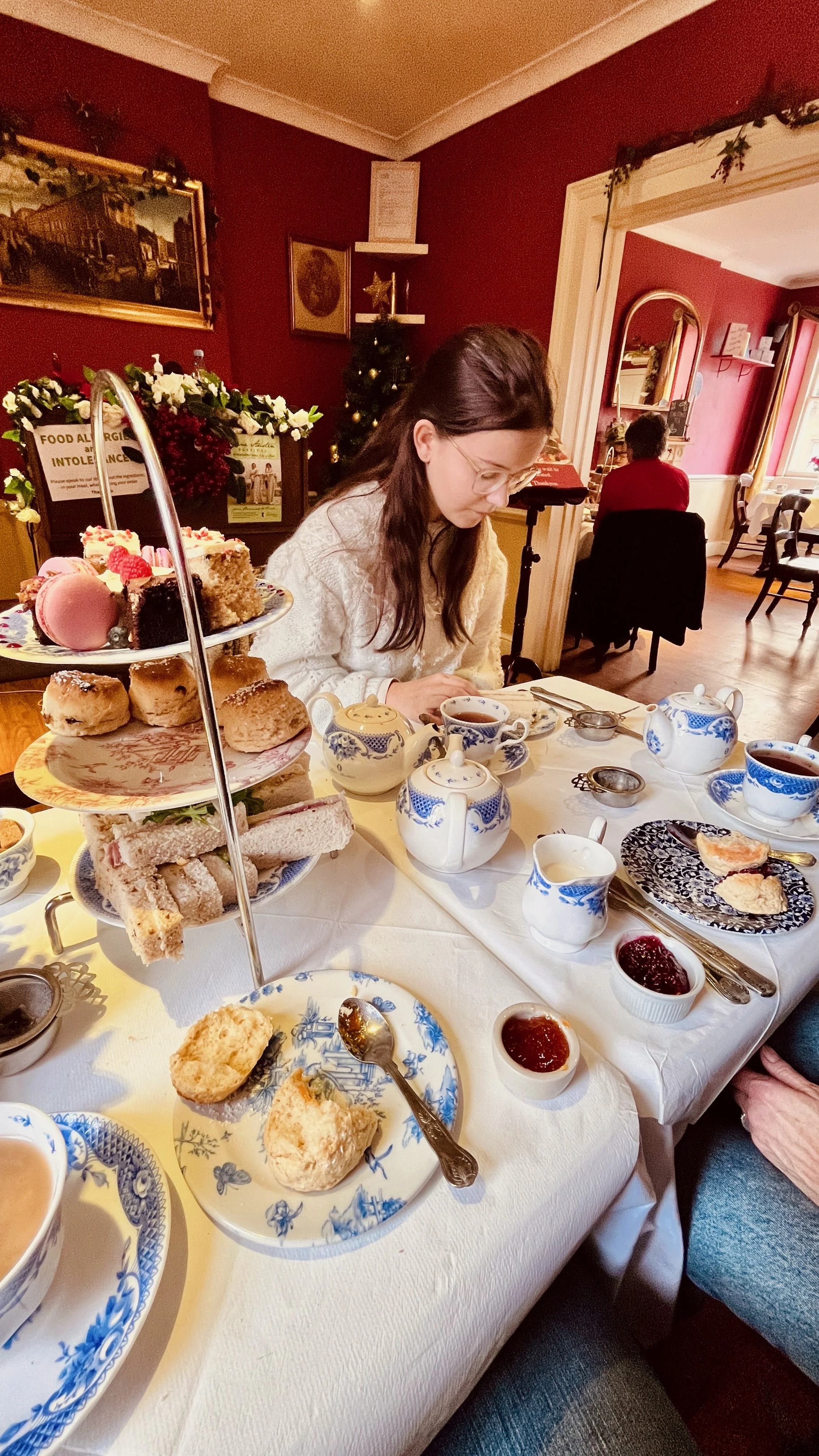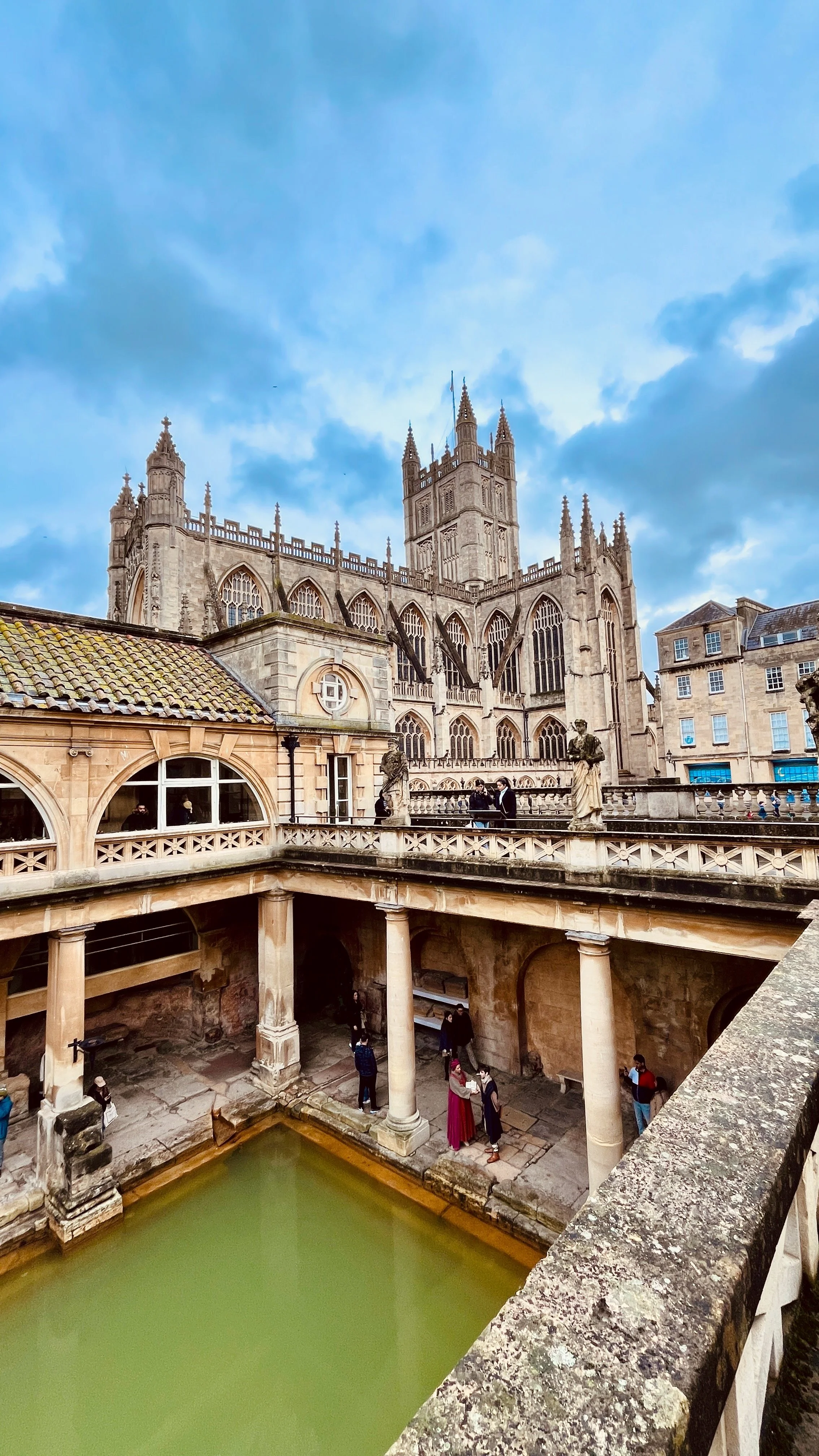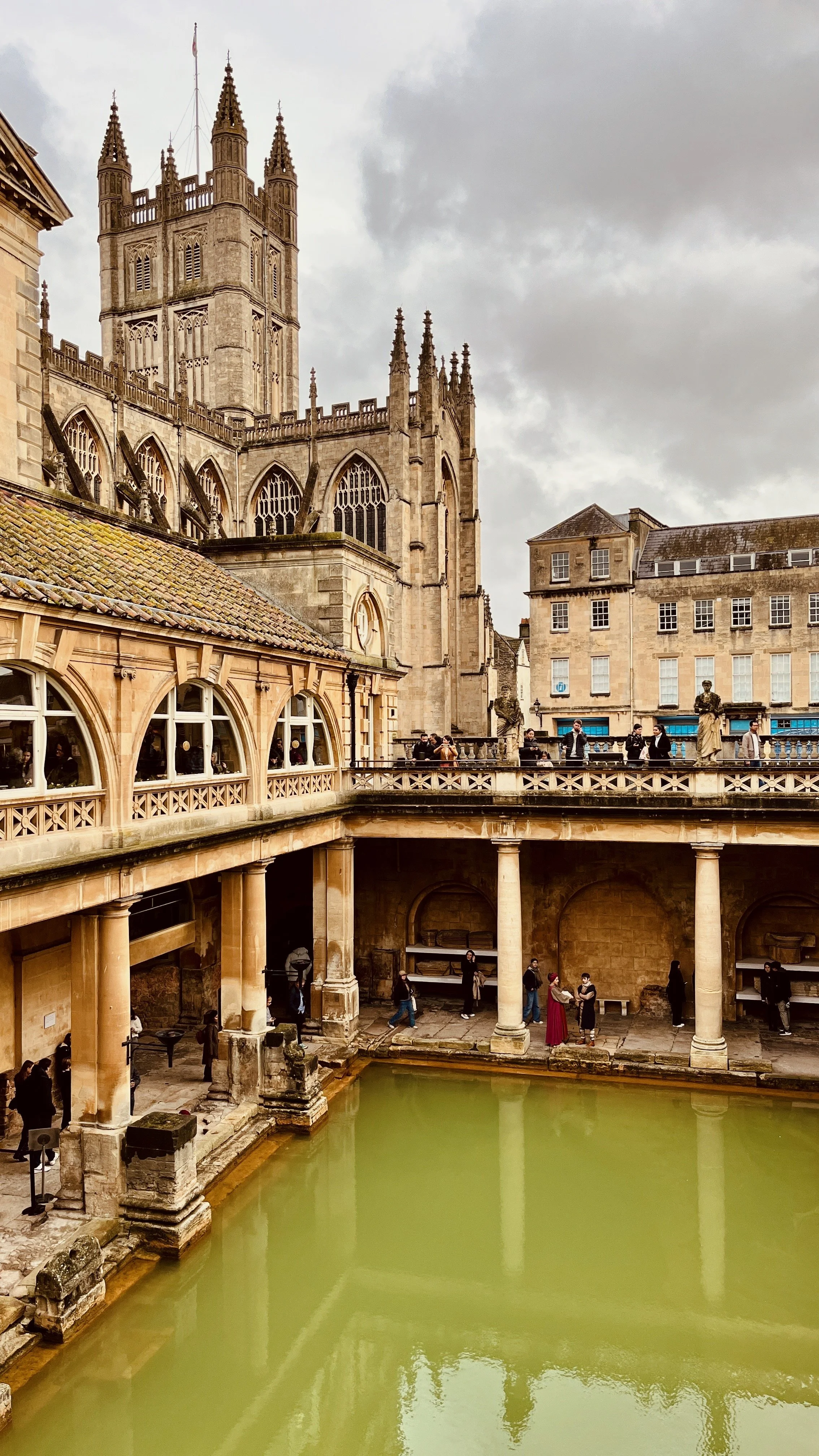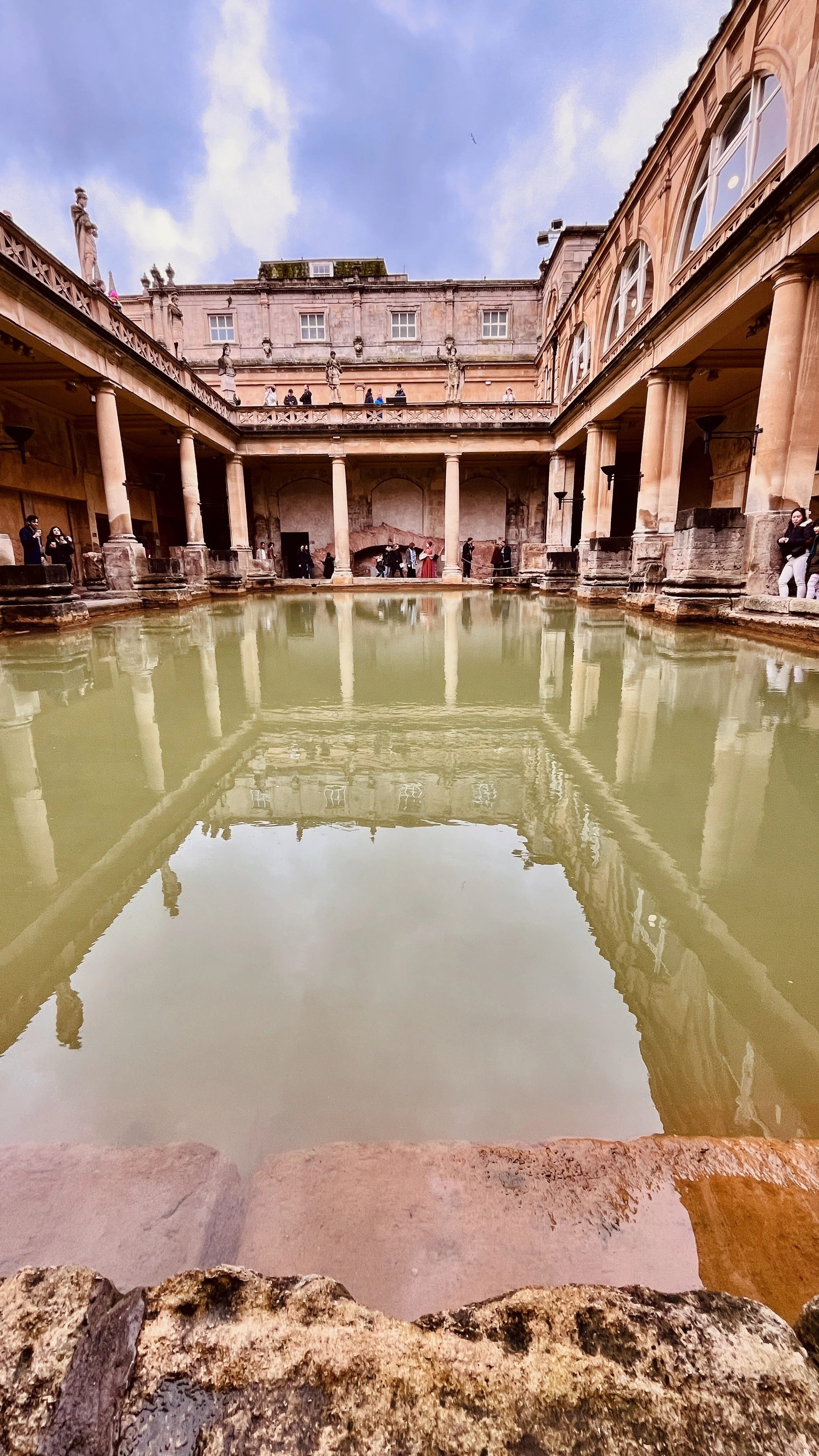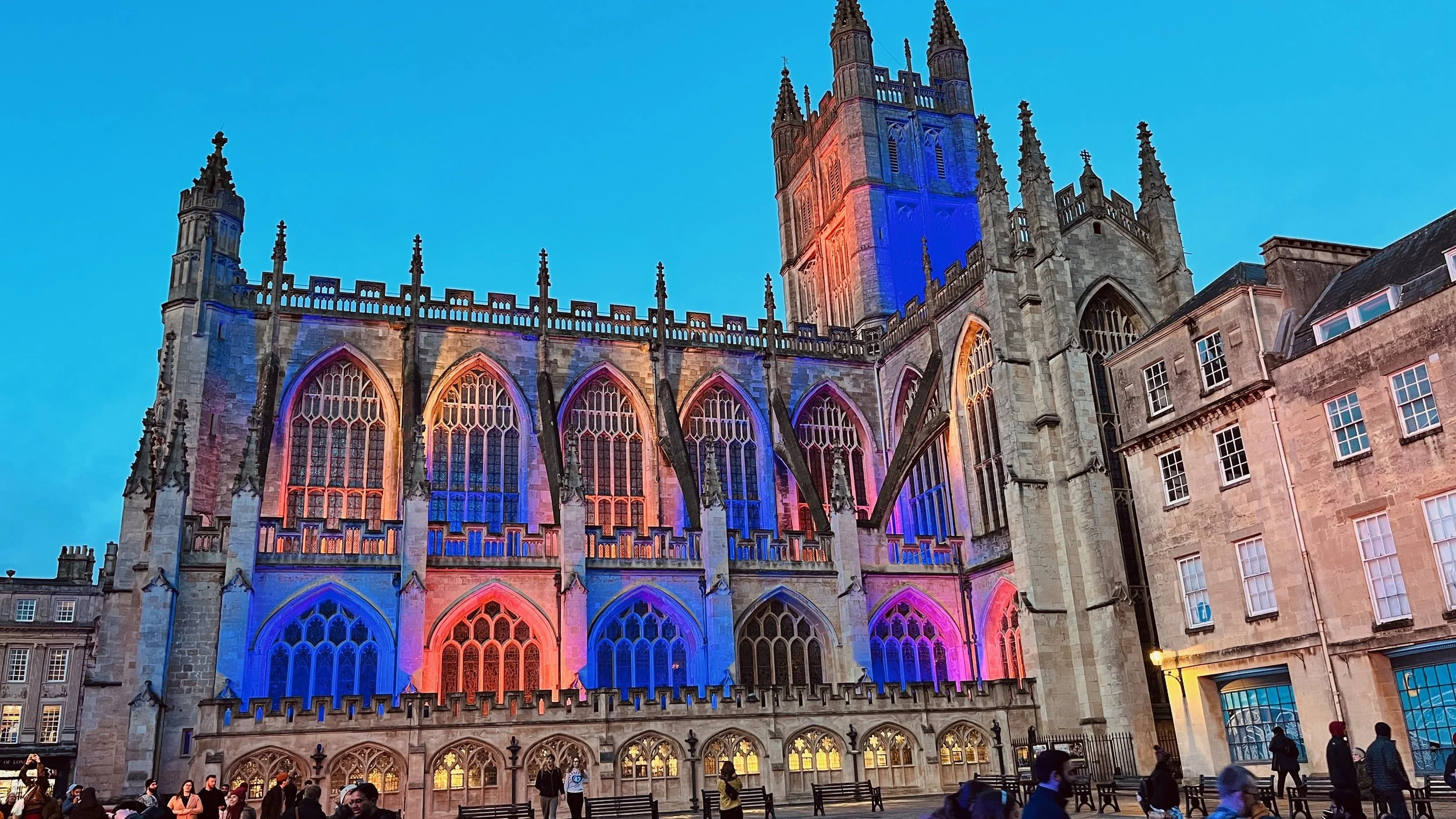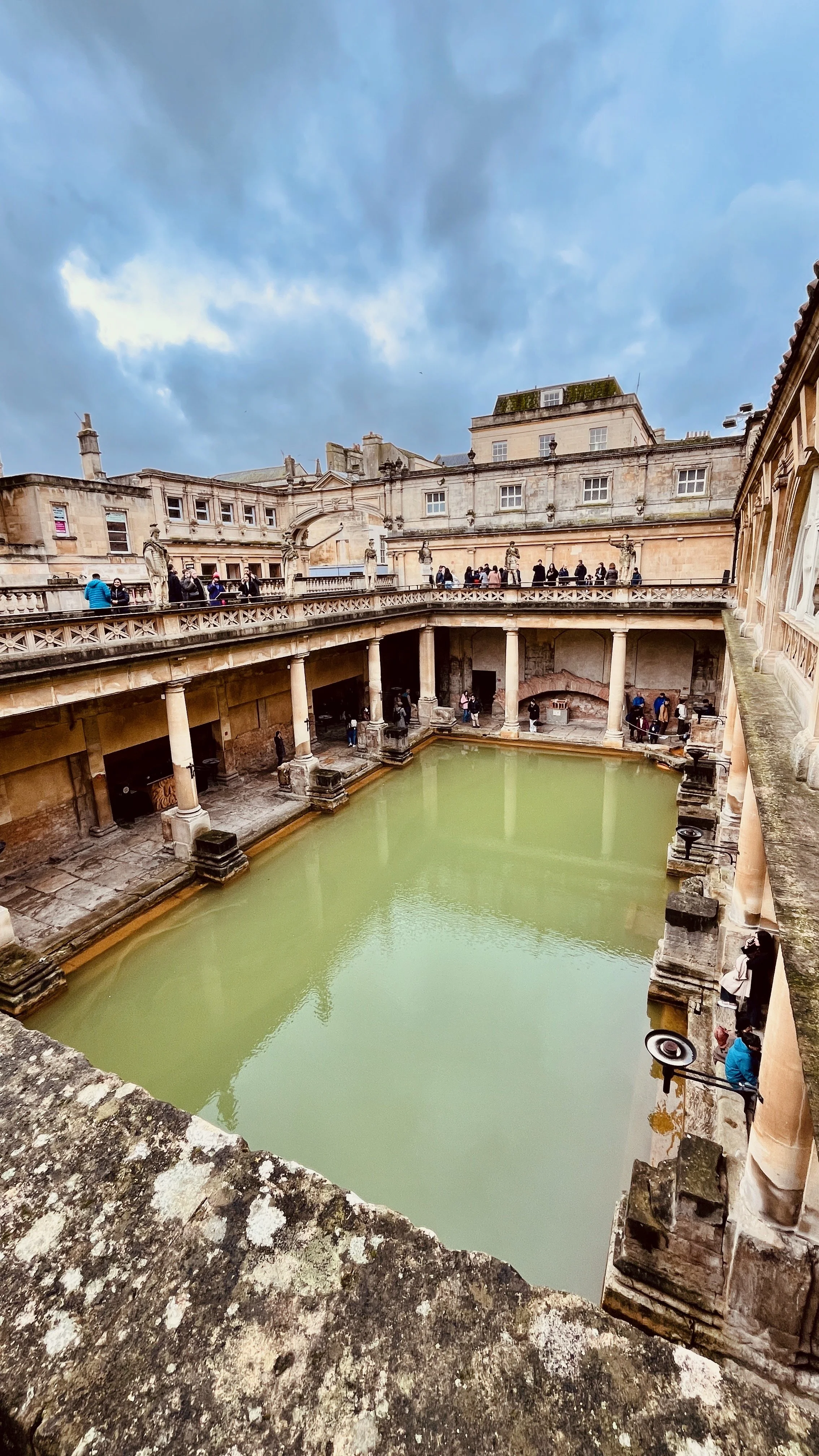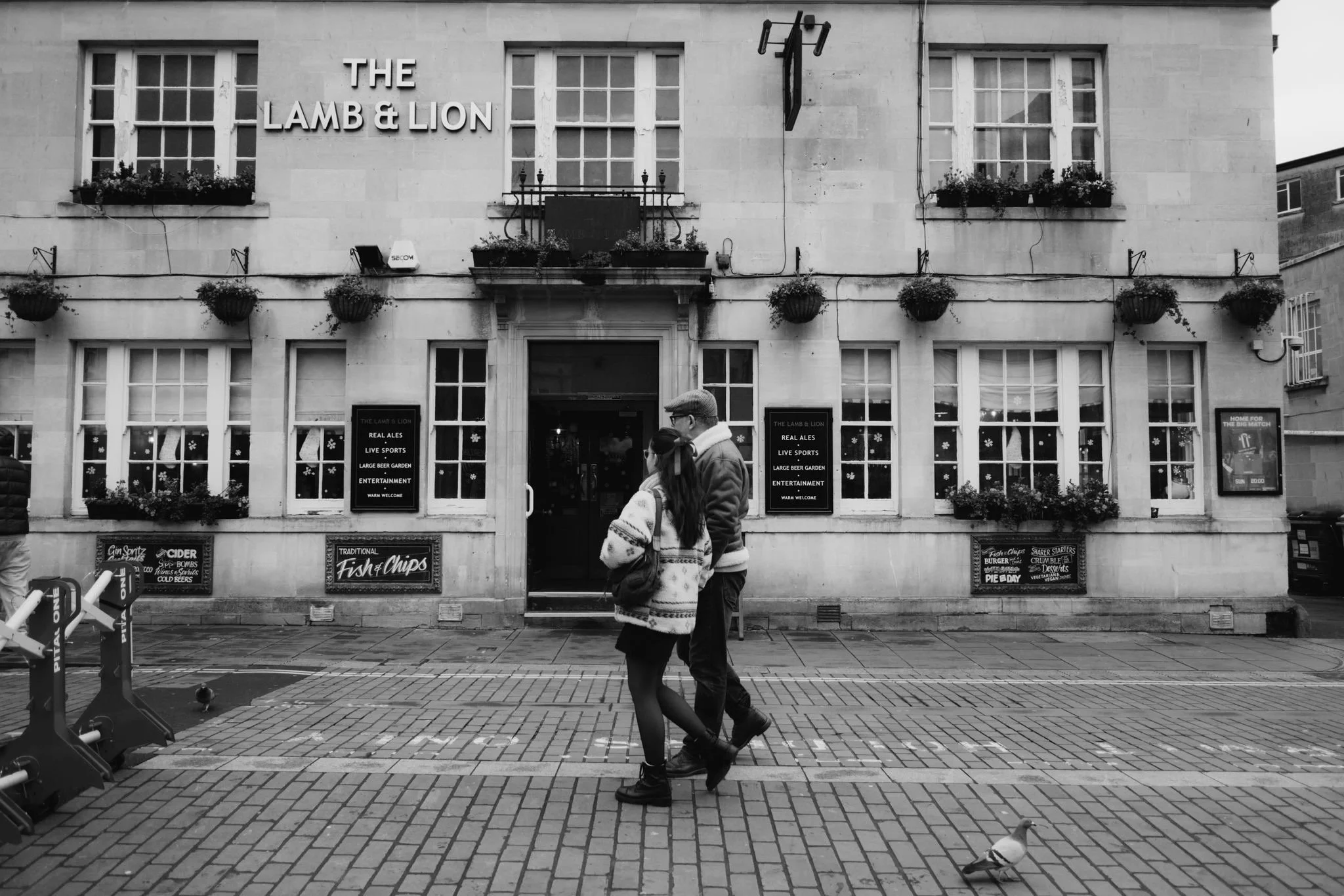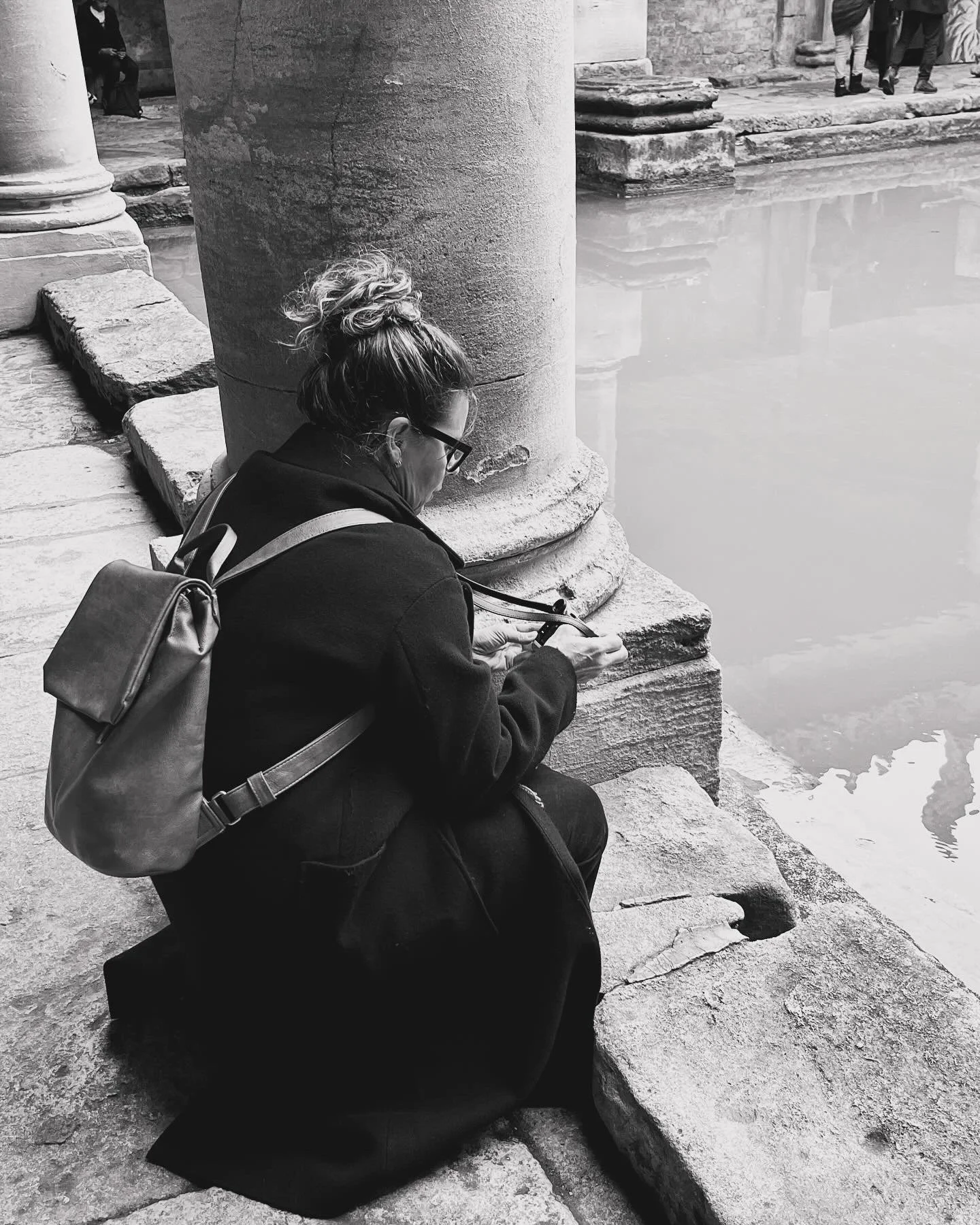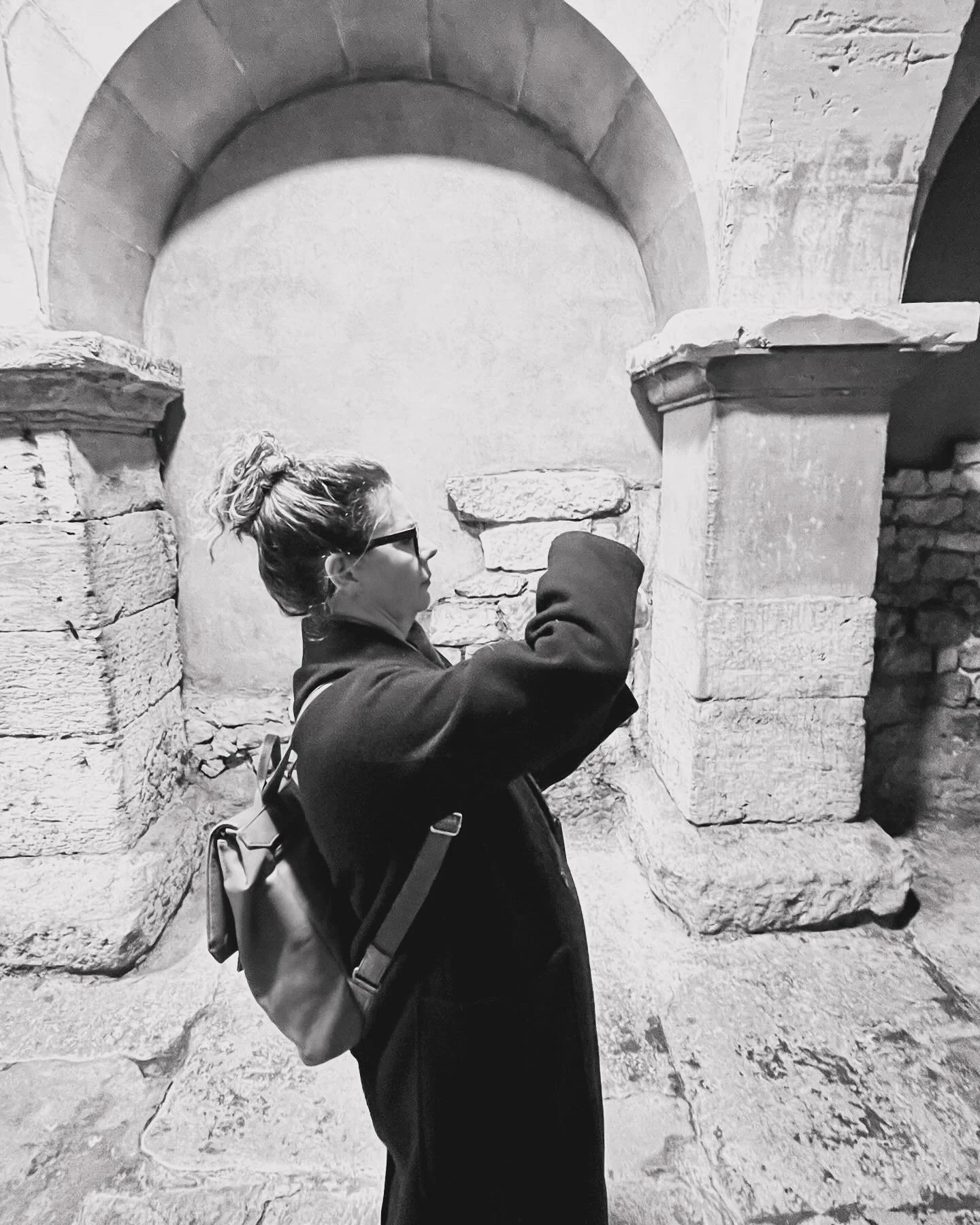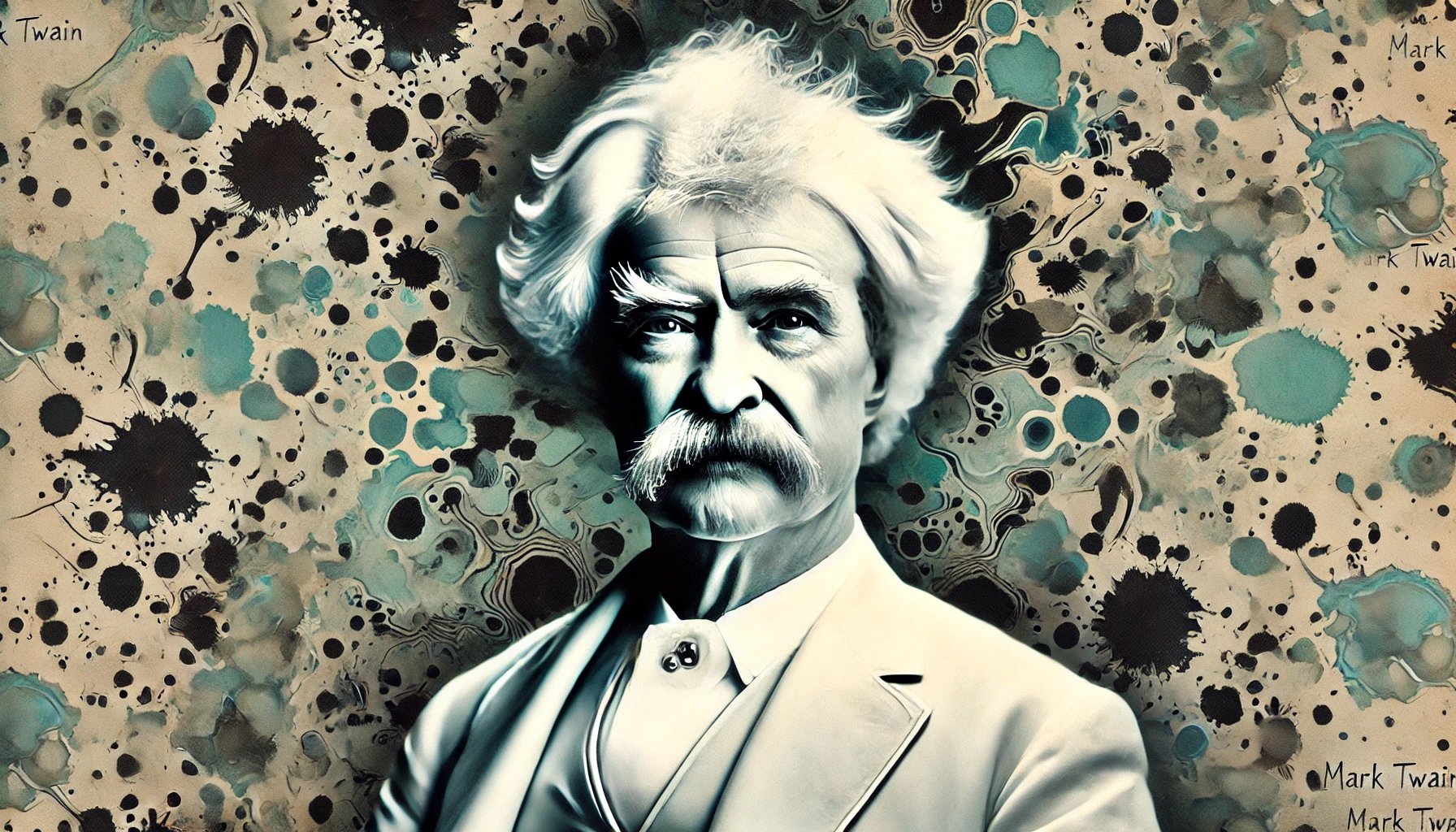
Twain
The train from London to Bath was slower than expected, a stark contrast to the high-speed precision of European rail travel. Judd leaned back in his seat, watching the green countryside roll by, the low-hanging clouds hinting at the inevitable English drizzle. Cindy and Ava sat across from him, flipping through their phones, cross-referencing notes ANNIE—the Order’s AI—had gathered on their latest mission.
Bath.
A city with roots stretching back nearly two thousand years, famed for its Roman-built baths, grand Georgian architecture, and literary history. But for Judd, Cindy, and Ava, it was something more—a puzzle waiting to be solved.
Legend had it that in 1872, Mark Twain, a suspected member of the Inkwell Order, had visited the United Kingdom under the guise of collecting notes for what would later become A Tramp Abroad. But whispers persisted that his true purpose was far more intriguing. Somewhere within the pages of an obscure short story, Twain had left clues to the hiding place of a document—one that contained the names of others who had been part of the Order’s shadowy history.
If they could track it down, it might lead them to answers. Or more questions.
The train arrived at Bath Spa station, a modest but elegant structure that had welcomed travelers since 1840. With only light bags, they made quick work of the cobbled streets, heading toward their rented Airbnb—a charming Georgian apartment nestled just off Great Pulteney Street. The apartment, with its high ceilings, antique furniture, and creaky wooden floors, exuded the quiet dignity of a bygone era. It would serve as their base of operations for the next four days.
Bath’s origins traced back to the Romans, who had founded the city as Aquae Sulis in the first century AD, drawn by the natural hot springs bubbling beneath the earth. The Romans, masters of engineering, had constructed elaborate bathing complexes and temples dedicated to the goddess Sulis Minerva. Over the centuries, the city evolved, becoming a playground for the aristocracy in the Georgian era, its streets lined with symmetrical terraces of honey-colored limestone. The famed Royal Crescent, a sweeping arc of townhouses, stood as a testament to 18th-century ambition.
Judd had visited Bath before, decades earlier, on a weekend trip with friends from his time living in London. He recalled pints in cozy pubs, afternoons watching Bath Rugby at The Rec, and the occasional dip into its historic past. But today, the visit had a different purpose.
No visit to Bath would be complete—at least in Ava’s mind—without a pilgrimage to the Jane Austen Centre on Gay Street.
“This,” Ava declared, “is non-negotiable.”
Judd chuckled. “Wouldn’t dream of skipping it.”
They strolled through the narrow streets, the scent of rain thick in the air. The museum, housed in a stately Georgian townhouse, paid tribute to Austen’s years in Bath and her enduring literary legacy. Local actors, dressed in period attire, mingled among the visitors, answering questions in character. The trio joined a guided tour, where an expert shared insights about Austen’s time in the city—how she had lived here from 1801 to 1806, how Bath had inspired parts of Persuasion and Northanger Abbey.
During a brief Q&A, Cindy steered the conversation toward rare books. The guide mentioned that the best place to start would be Topping & Company Booksellers of Bath.
A short walk later, they arrived at one of the most revered independent bookshops in the country. Topping & Company, with its towering shelves, rolling ladders, and warm wooden interior, was a haven for bibliophiles. The scent of old pages and fresh ink hung in the air.
Judd ran his fingers along a row of leather-bound classics. “If a lost Twain story is hiding somewhere in Bath, this is the place to find a lead.”
They approached a resident expert, a bespectacled gentleman with a tweed vest and a knowing smile. When asked about Twain’s obscure works, he nodded thoughtfully. “Ah, Mark Twain did visit England several times, but there’s one particular collection of travel notes from 1872 that’s quite rare. You might find references in certain biographies.”
Ava, eyes alight with the thrill of the hunt, grabbed multiple volumes. Cindy added a few more for good measure.
With their arms full of books, it was time for a break.
They headed toward The Saracen’s Head on Broad Street, one of the oldest pubs in Bath, dating back to 1713. The low wooden beams, flickering candlelight, and well-worn stone floors spoke of centuries of stories whispered over pints of ale.
Ava, still immersed in her newly acquired books, barely glanced up as their orders arrived—Cindy’s steak and ale pie, Judd’s fish and chips, and Ava’s mushroom and brie tart.
Judd took a sip of his ale. “You know, there’s something poetic about hunting for lost literature in a city this old.”
Cindy smirked. “Poetic or just an excuse to eat good food in nice places?”
Judd shrugged. “Why not both?”
Their final stop before returning to their apartment was The Roman Baths, an archaeological marvel that had once been the beating heart of Aquae Sulis. The complex was a sprawling mix of ancient ruins and well-preserved structures, its steaming thermal waters still bubbling in the Great Bath. The sound of water echoed against the stone walls, a whisper from the past.
They walked along the original Roman pavements, admiring the intricate carvings of the temple pediments and the worn steps where bathers had once gathered. Ava took a few notes, sketching in her journal.
“This place,” she murmured, “feels like it’s holding onto secrets.”
Judd agreed. “And somewhere in this city, Mark Twain left us one.”
With that, they headed back to their Airbnb, ready to begin their research. The hunt for the lost words of Mark Twain—and the origins of the Inkwell Order—had begun.

